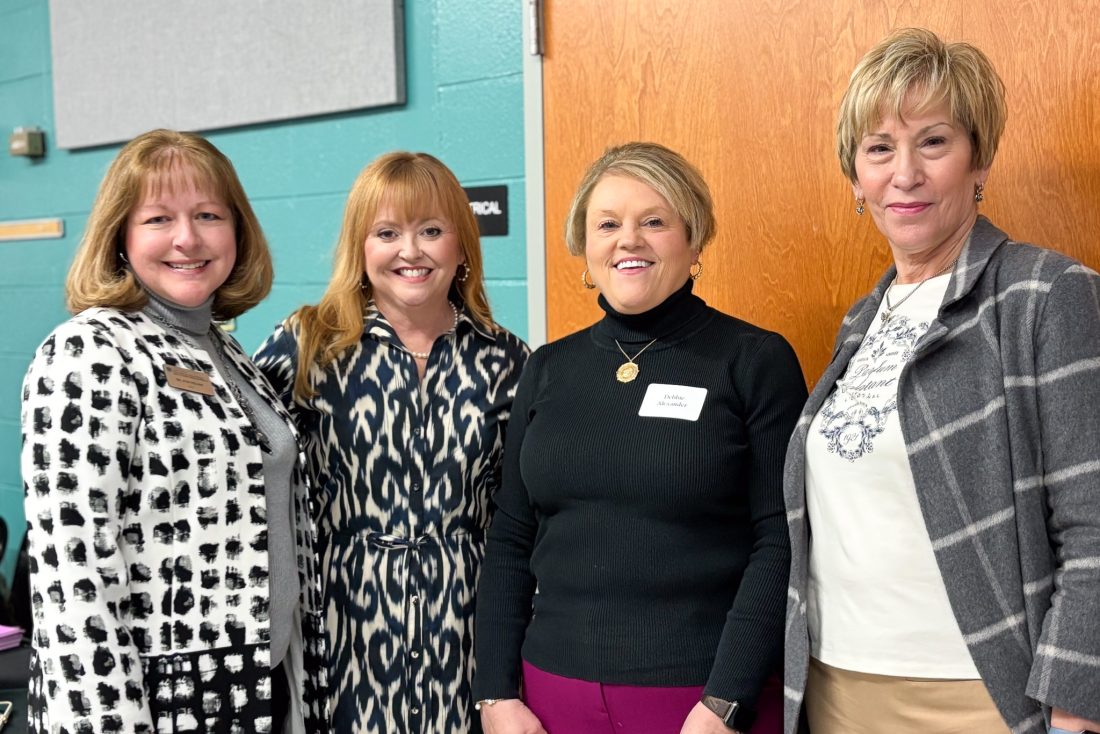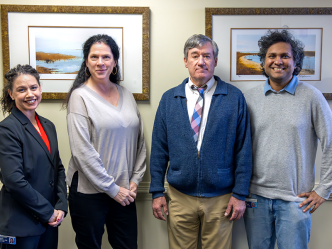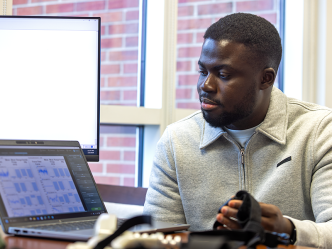Augusta University’s Dr. Paulette P. Harris Literacy Center officially launched the Get Georgia Reading: Augusta with a kickoff event on Jan. 30, drawing more than 80 educators, community leaders and advocates from across the CSRA, including members of the Regional Educational Service Agency, to collaborate on addressing literacy challenges in the region.
“Our target audience for this is wide – business leaders, health professionals, advocates, nonprofits and parents – so we need all those voices at the table,” said Betsy VanDeusen, PhD, director of the Harris Literacy Center.
Statewide literacy programs like Get Georgia Reading struggled to maintain momentum during the COVID-19 pandemic, which led to a renewed focus on local efforts within the Augusta community in recent months.
“One of the best ways to improve literacy in our community is to organize locally while staying informed about what’s happening statewide, nationally and globally,” VanDeusen said.
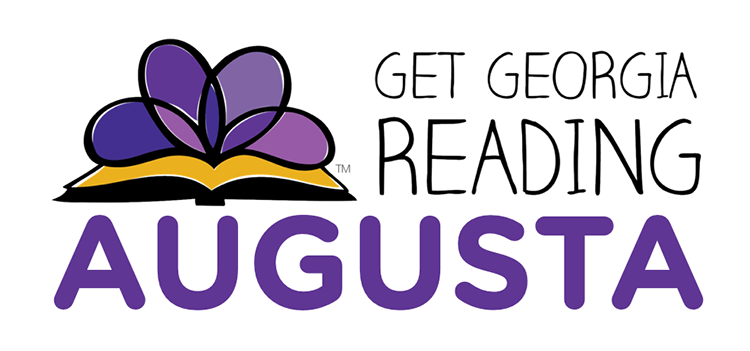
The Augusta chapter is working to address literacy through four actionable pillars: language nutrition, access, a positive learning climate and teacher preparedness. The goal is to help students, teachers and families develop strong reading skills.
“As a former educator, I have witnessed the positive impact that initiatives like Get Georgia Reading can have on young people in Georgia,” said AU First Lady Karen Keen, who spoke during the event. “When students learn to read at their grade level, it boosts their self-confidence, which translates into success in other subjects. Reading changes lives, and I am eager to see the difference that Augusta University, the Dr. Paulette P. Harris Literacy Center and our partners will make for children in Augusta.”
Judi Wilson, EdD, dean of AU’s College of Education and Human Development, commended the launch and underscored the initiative’s alignment with Augusta University’s mission to foster community partnerships.
“Our goal is to support local schools and families in creating a culture where reading is prioritized and celebrated,” Wilson said. “This initiative reflects the College of Education and Human Development’s dedication to improving literacy outcomes and ensuring long-term academic success for our children.”
Brittany Pinkerton, PhD, assistant professor in the Department of Kinesiology in COEHD, highlighted the urgency of the initiative.
“Almost 80% of students in our area are not ready for fourth-grade reading, yet they’re being sent to the fourth grade,” Pinkerton said.
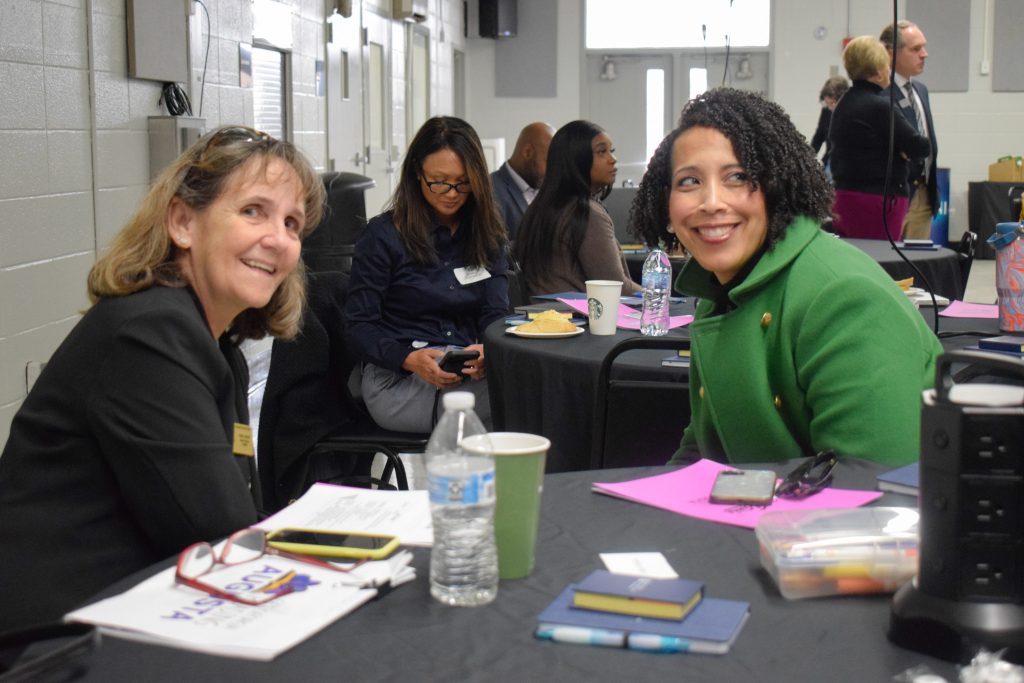
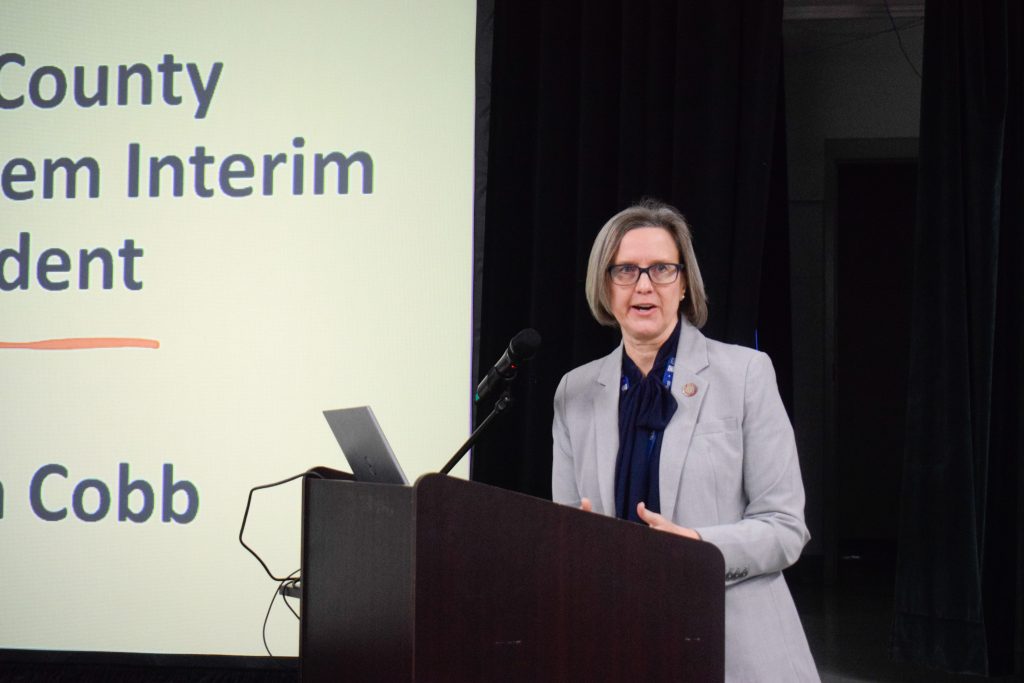
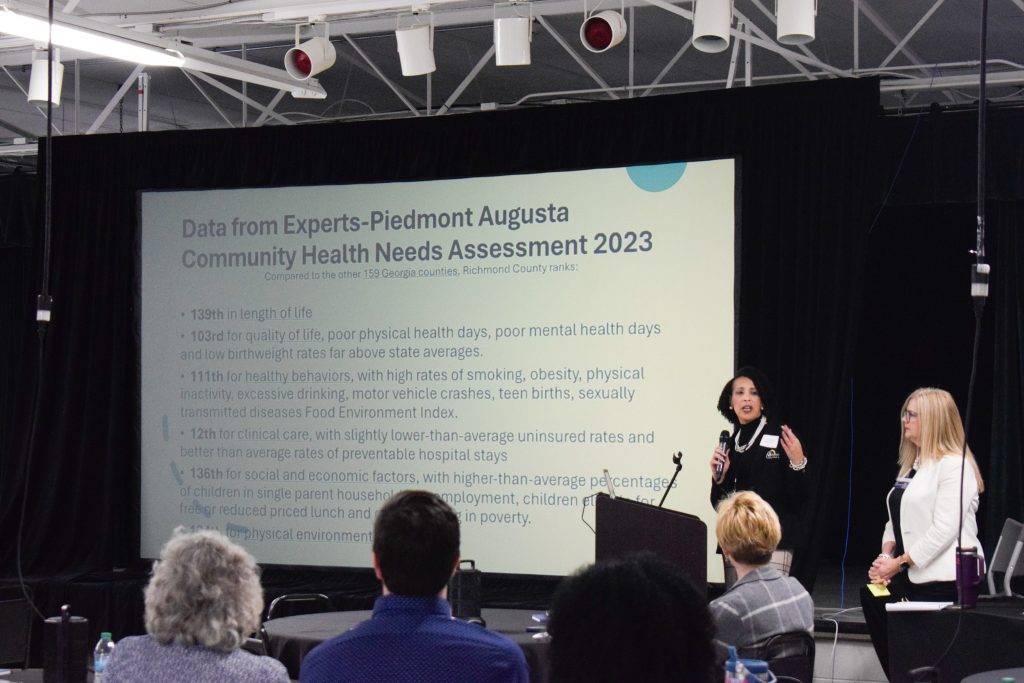
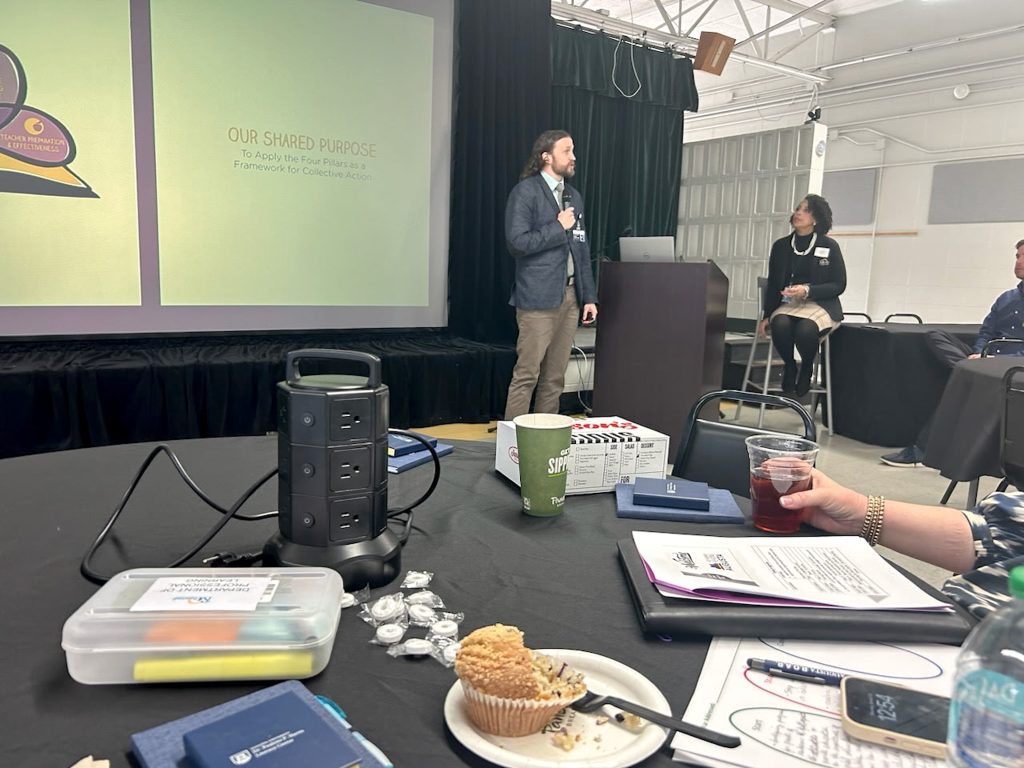
VanDeusen echoed the concern and emphasized the long-term impact of early reading proficiency.
“There’s a lot of research that shows that if kids aren’t reading at or above grade level by the end of third grade, the academic demands of school only get harder,” she said.
Beyond academic outcomes, literacy has far-reaching effects on the community. Rebecca Rohloff, PhD, assistant professor in the Department of Research, Counseling and Curriculum in COEHD, stressed the societal benefits of investing in early literacy programs.
“When we invest in early childhood education and care, we see lower public school expenditures, less need for remediation and fewer behavioral challenges,” Rohloff said.
Richmond County Schools Interim Superintendent Malinda Cobb, PhD, an alumna of AU’s COEHD, shared why the initiative is essential for the community.
“When everyone tells you you’re a below-level performer, you accept it,” Cobb said. “So, this work is not just about reading. It’s about our entire community and how we move forward together.”
More information about the Get Georgia Reading: Augusta can be found on the Harris Literacy Center’s website.
 Augusta University
Augusta University
